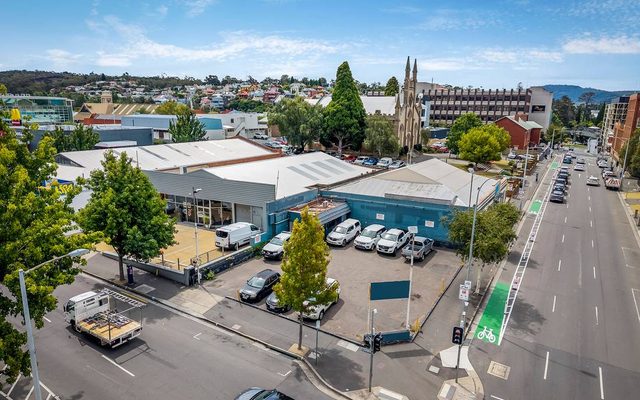This article is from the Australian Property Journal archive
AUSTRALIA is home to the most “investable” student accommodation market, according to a new report, with a booming student-aged population expected to fuel strong demand for digs.
Savills’ Global Living Report ranks the main global student accommodation markets according to their attractiveness to investors, and considers factors including demographics, migration, affordability, local legislation, delivery of accommodation, university rankings and student numbers, weighting each according to its importance.
Australia tops the inaugural index due to low levels of PBSA provision, transparency around investment, and political, social and economic stability pushes Australia to the top of the investability ranking, according to the report. Tuition fees dragged down Australia’s ranking, although institutions have a strong international standing and remain top destinations for foreign students.
Canada, a market with similar characteristics to Australia, ranks second.
Conal Newland, director, student accommodation at Savills, said many developed countries are experiencing a fall in their student aged population.
“Australia ranks first as a market forecast to see strong growth in its student age population. The young, Millennials and Generation Z, are shaping demand for real estate’s fastest growing asset classes, including purpose built student accommodation.
“While much of the developed world ages, Australia’s most urbanised cities are forecast to remain youthful, underpinning demand for student accommodation” he said.
Savills 2019 Global Living Report identifies six Australian capital cities which feature within the top 100 cities around the world which in 10 years’ time will be the most “youthful” – having the largest share of people aged 15 to 39.
The increase in the number of foreign students in Australia over the past five years was second only to India.
“Australia has benefited greatly from its geographic proximity to major Asian source markets such as China, India, Vietnam and Malaysia,” Newland said.
“The number of international students enrolled in higher education in Australia now accounts for around a third of total students,” he said.
The US remains the largest market for international students, host to one million international students, although this accounts for just 5% of its total students. The UK is the second largest market for international students by number with 460,000, closely followed by Australia, host to 430,000. Together, the three countries account for a third of all globally mobile students, according to UNESCO.
The United States and the UK remain by far the top two countries globally for universities within the top 400 institutions with 75 and 45 respectively in 2020, followed by Germany with 23 and Australia with 22.
“But, both the US and UK have seen a decline in the number of institutions within the top 400 since 2010. Australia’s post-study work visa provides a huge incentive for many people to consider studying in Australia” he said.
Between 2012 and 2017, the total number of higher education students increased by 11% to over 220 million. Favourable demographic shifts have driven growth in some markets, while many nations – including the US and UK – are grappling with slowing growth or a declining student age population.
Melbourne is home to 42% of the 20,600 beds tracked by Savills that have the potential to be delivered by the end of 2022 across the capital cities.
Investment into the Australian student accommodation market has reached record levels in 2019, highlighting a significant shift in maturity and momentum for the sector.
“Opportunities to acquire national portfolios, significant capital raises and on-campus activity has further pushed the asset class into the mainstream spotlight,” Newland said.
Scape has reportedly just agreed to purchase the Blue Sky Alternative Investments a Goldman Sachs’ Atira joint venture, including six operating assets and three development sites, in a deal worth $680 million that makes it the largest owner and operator of student accommodation in Australia. It is also eyeing off an acquisition of the country’s fourth largest operator, Urbanest.
Paul Savitz, director of student accommodation at Savills said that until early 2019, a lack of available operational assets to purchase has held the sector back from an investment, liquidity and access perspective.
“However, with over 24,240 student accommodation beds completed since January 2017 and a further 4,170 expected to be completed by the end of 2020, we expect transaction volumes to continue tracking upward.”




